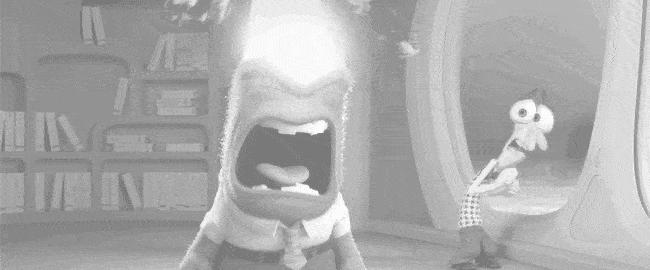
(Gary Ellis/Unsplash)
So, after having complained about something political (a Maureen Dowd column, if you’re curious) and then seeing that something get picked up by the Twitter algorithm for the billionth time this weekend, I sort of feel kind of done with partisan political discussions for a while.
(I even took the thread down, and explained why.)
Maybe I’ll feel differently tomorrow, or next week, or the week after, but given the shape of our culture at this time, even pointing out that someone is being hypocritical or the other side is misrepresenting themselves, I honestly am just kind of in a state where the issues with jumping in the pool of politics don’t really match the minor endorphin rush of writing the little rant.
Once, when I was running a news site, it felt important to put my point of view or commentary out there. But now, I feel like I’ve put a lot of emphasis on another path, and that path looks a lot different than the heavily political one that I might have found myself on earlier in my career.
I think it can become really easy to just hit the trigger on every story that’s out there and to have a point of view. But the truth is, unless it’s something more narrow like right to repair, media ethics, the tech industry, open access to information, or historical preservation, there’s only so much I can add to the discussion that everyone else is having. And I think that it also focuses me as a writer and creator. Knowing that I don’t have to take that path means that I can move the needle on discussions in other ways.
Sure, we’ve had a historic few years where things went from bad to worse culturally, and the truth is, we’re not all the way back from that great climb. But I think that there’s enough chum in the water in other places that I have to necessarily spray out my views on the mainline of social media.

(Marko Horvat/Unsplash)
And I think this is a discussion that, as creators, we have to have with ourselves, because the temptation to go on a different path is always there, and it can get exhausting.
This is not to say that I won’t have a point of view on things, or I won’t speak up when my voice is needed or it’s important. The problem is that I need to keep the signal-to-noise ratio in mind in my writing and commentary. If I’m offering up too much of the same noise that others are offering everywhere else, what benefit is there from me in speaking up, especially when there are so many other things out there that I care about, that I can offer a unique perspective on that aren’t one of Twitter’s handful of trending topics at the time I write out my tweet?
Charlie Warzel—a writer who I’ve known for quite a long time—has written a lot about context collapse on his newsletter Galaxy Brain, and I think in many ways that I am expressing context collapse fatigue. But I think as well, I want to be mindful of the fact that when I want to offer context on the things I actually care about, the things that I put thousands of words to the page to say, I’m emphasizing that this is where I want my context to be, not elsewhere.
This will be tough to do. On social networks like Twitter, it’s way too easy to get pulled in by what’s happening when in reality your beat is surfacing what’s not happening and trying to make it interesting. But I hope that, by putting this thought to words I know to be mindful of where I leap into the fray so that when I do speak up, it actually gets heard.
Time limit given ⏲: 30 minutes
Time left on clock ⏲: 10 minutes, 11 seconds



